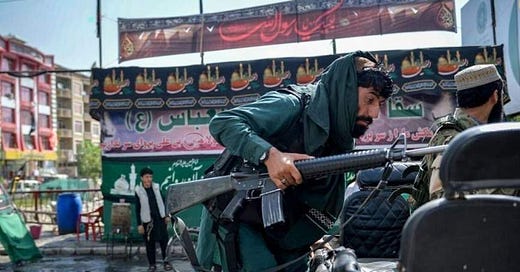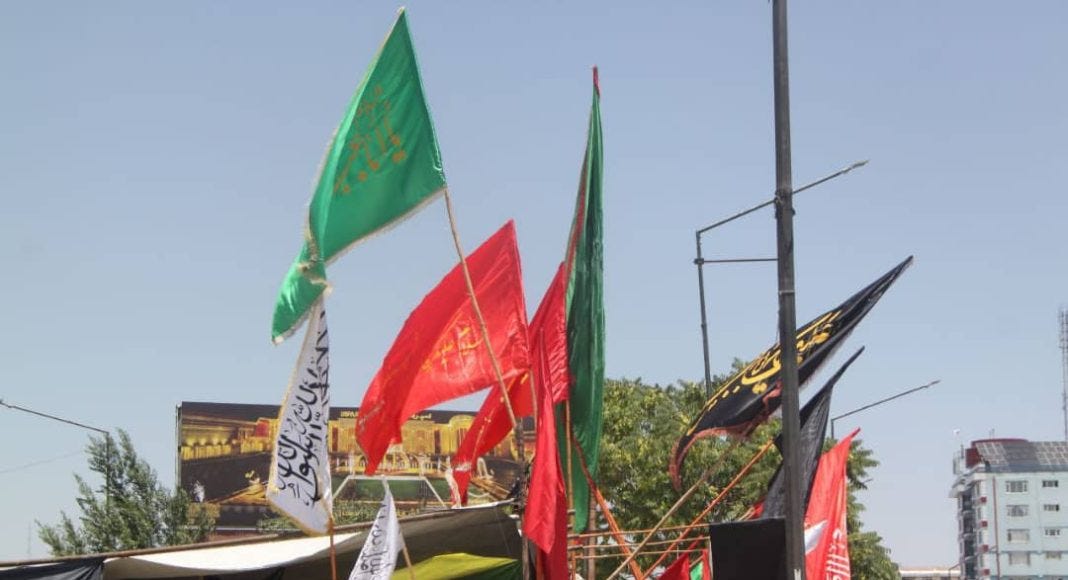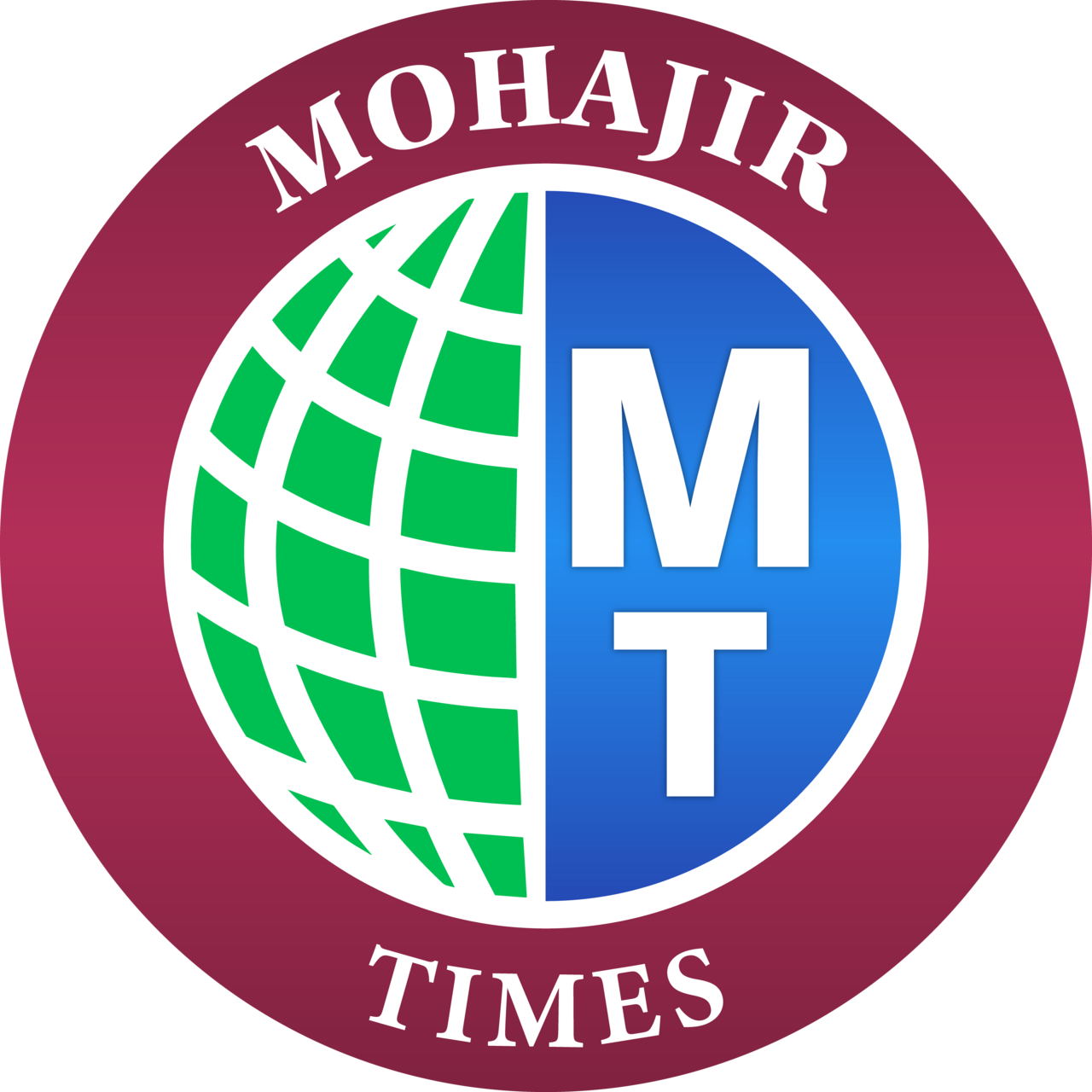Statement by the AHRC on the Taliban’s Suppression of Muharram Mourners
The Taliban must understand that religious identity cannot be erased through violence, threats of terror, or censorship of truth
Mohajir Times — The Afghanistan Human Rights Center (AHRC) expresses its deep concern and strongly condemns the deplorable and alarming actions taken by the Taliban during the month of Muharram in Afghanistan. According to multiple reports and verified evidence, widespread restrictions have been imposed on Shi’a religious rituals—particularly in the cities of Kabul, Mazar-i-Sharif, Herat, Bamyan, and Daykundi.
At a time when Shi’a Muslims across the world mourn the martyrdom of Imam Hussain (AS)—a symbol of resistance against oppression and corruption—the Taliban’s de facto regime has, through a discriminatory approach, prevented the free and open observance of these religious ceremonies.
These measures include the banning of mourning processions, the arrest of event organizers, removal of Ashura symbols, tearing of Hussaini flags, dismantling of donation stands (saaqakhana) that distribute charitable offerings, threats against elegists and mourners, prohibition of loudspeakers in Hussainiyas (Shi’a congregation halls), and other actions that constitute clear violations of the fundamental rights of every Afghan. These actions directly contravene international documents that guarantee the freedoms of religion, belief, and peaceful assembly.
Under Article 18 of both the Universal Declaration of Human Rights and the International Covenant on Civil and Political Rights, every individual has the right to freely express their religion or beliefs and conduct religious practices. The Taliban not only disregard these principles but have actively created a climate of fear by securitizing and targeting Muharram rituals, especially those of the Shi’a community.
These systemic, discriminatory actions continue a long-standing policy of cultural and religious suppression in Afghanistan—previously manifested in the form of marginalization of ethnic and religious minorities, particularly the Shi’a and Hazara communities. Such practices pose a serious threat to religious coexistence, social harmony, freedom of conscience, and human dignity.
In this context, the AHRC urgently calls on the Taliban and the international community for the following:
An immediate end to the repression of freedom of expression and belief, and the full restoration of rights for Ashura observances and other religious rituals of all sects and faiths;
Support from international bodies, especially the Office of the United Nations High Commissioner for Human Rights (OHCHR), to defend and promote religious freedoms in Afghanistan;
Thorough documentation of human rights violations, with the goal of submitting these to international justice and accountability institutions;
Pressure from domestic and international civil society actors, particularly from Islamic nations, urging the Taliban to respect religious diversity and the rights of minority communities.
In conclusion, AHRC underscores that respecting people’s beliefs—particularly religious freedom—is the foundation of any just and humane society. Suppression of these rights is an attempt to silence the voices of diversity, history, and truth, and marginalizes a significant segment of Afghan society. The Taliban must understand that religious identity cannot be erased through violence, threats of terror, or censorship of truth.
Afghanistan Human Rights Center (AHRC)






